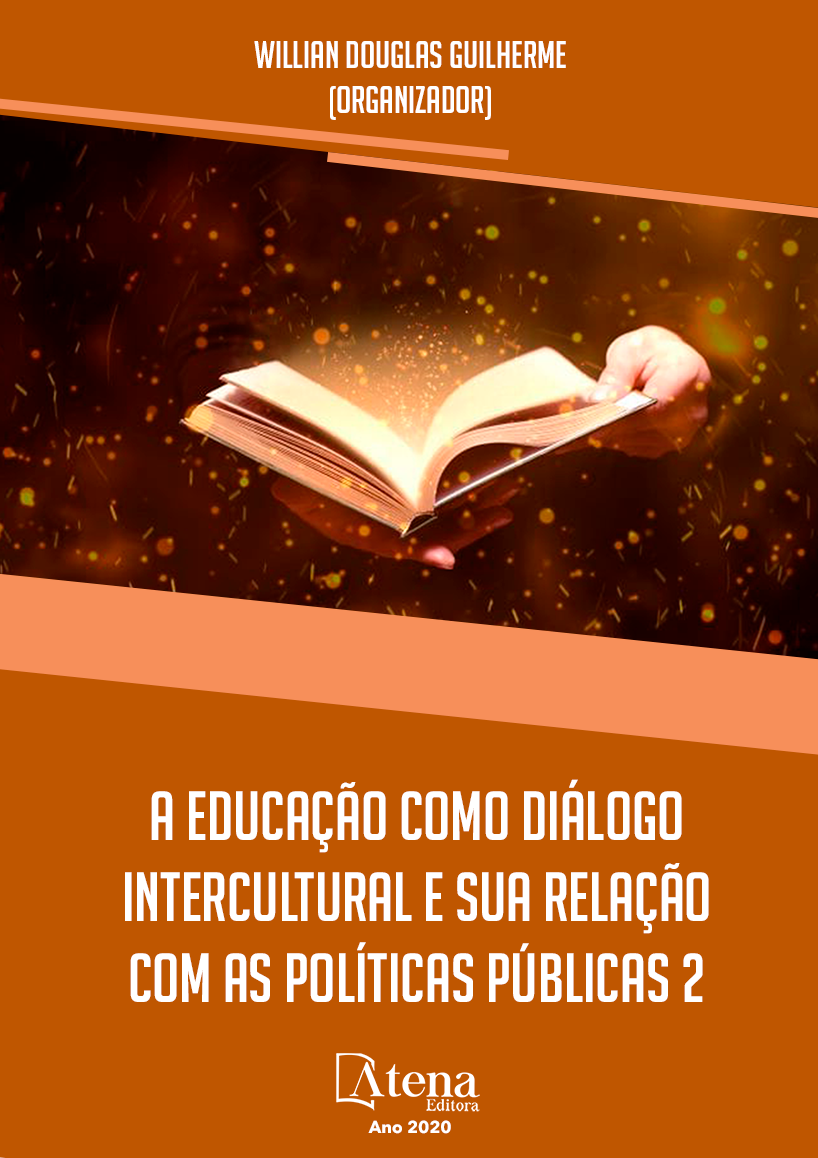
A FORMAÇÃO INICIAL DOCENTE NO BRASIL: um processo em discussão.
O presente artigo tem como objetivo
contribuir para a compreensão da Formação
Docente no Brasil, no contexto temporal pós
Constituição de 1988. É parte estruturante
da primeira etapa de uma pesquisa intitulada
O ENSINO SUPERIOR NA MODALIDADE
A DISTÂNCIA: um olhar para a interface
entre o curso de Pedagogia e as Políticas
Públicas Educacionais, que se encontra
em desenvolvimento no programa de PósGraduação e Educação na Universidade Federal
dos Vales do Jequitinhonha e Mucuri – UFVJM,
para fins de obtenção do título de Mestre em
Educação. Do ponto de vista científico, optouse por realizar uma revisão da literatura, que
compõe a primeira etapa do desenvolvimento
da pesquisa documental a qual o estudo em
questão encontra-se vinculado, utilizando como
estratégia a análise de conteúdo, com vistas a
estabelecer um diálogo crítico com as fontes
pesquisadas. Problematizou-se as informações
com apoio nas obras de TARUNI(2000), GATTI
(2009, 2011), LIBÂNEO (2005), NÓVOA (1992,
1995), dentre outros e buscou-se apreender
como foi construída historicamente a formação
inicial dos professores no Brasil. Para tanto, são
destacados aspectos legais da regulamentação
da profissão docente, dando ênfase aos
avanços, descontinuidades e retrocessos,
com que essa formação vem sendo tratada no
decorrer do tempo, ressaltando especialmente
aspectos inerentes à Educação Básica e ao
contexto social e econômico do país, que
serviram de base para a implantação das
políticas de formação inicial docente. O cenário
exposto revela que os vestígios históricos ainda
ecoam sobre a formação inicial dos professores.
Mostra que se fazem necessárias reformulações
nas políticas públicas e que as instituições
formadoras precisam adequar os currículos do
curso de Pedagogia as realidades dos territórios
em que estão inseridos. Apontam também a
Educação a Distância como a modalidade que
possibilita a difusão da formação inicial em todo
o território nacional.
A FORMAÇÃO INICIAL DOCENTE NO BRASIL: um processo em discussão.
-
DOI: 10.22533/at.ed.57720190313
-
Palavras-chave: História da Formação inicial docente, Políticas Públicas, Curso de Pedagogia
-
Keywords: History of Initial Teacher Education, Public Policy, Pedagogy Course
-
Abstract:
This article aims to contribute to the understanding of Teacher Education
in Brazil in the temporal context after the 1988 Constitution. It is a structuring part of the
first stage of a research entitled The Higher Education in the Distance Mode: a look at
the interface between the course Pedagogy and Educational Public Policies, which is
under development in the Graduate and Education program at the Federal University
of the Jequitinhonha and Mucuri Valleys - UFVJM, for the purpose of obtaining the title
of Master in Education. From the scientific point of view, it was decided to perform a
literature review, which is the first stage of the development of documentary research to
which the study in question is linked, using content analysis as a strategy, with a view to
establishing a critical dialogue with the researched sources. The information supported
by the works of TARUNI (2000), GATTI (2009, 2011), LIBÂNEO (2005), NÓVOA (1992,
1995), among others, was problematized and it was sought to learn how the initial
formation of teachers was historically constructed. In Brazil. To this end, legal aspects
of the regulation of the teaching profession are highlighted, emphasizing the advances,
discontinuities and setbacks, with which this formation has been treated over time,
especially emphasizing aspects inherent to the Basic Education and the social and
economic context of the country, which were the basis for the implementation of initial
teacher education policies. The exposed scenario reveals that the historical remains
still echo on the initial formation of the teachers. It shows that reformulations in public
policies are necessary and that educational institutions need to adapt the curricula
of the Pedagogy course to the realities of the territories in which they are inserted.
They also point to Distance Education as the modality that allows the diffusion of initial
formation throughout the national territory.
-
Número de páginas: 19
- Mara Lucia Ramalho
- Daniela dos Santos Landazuri


